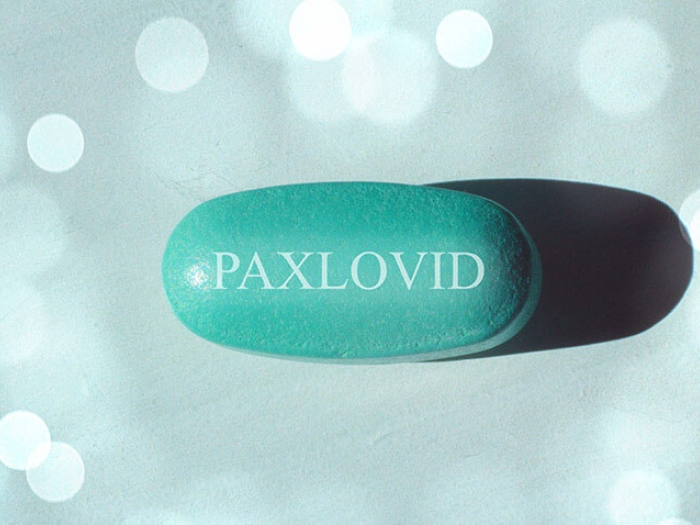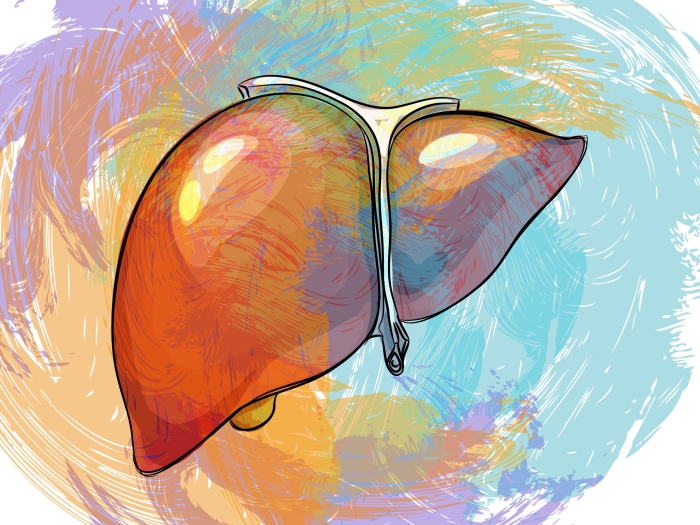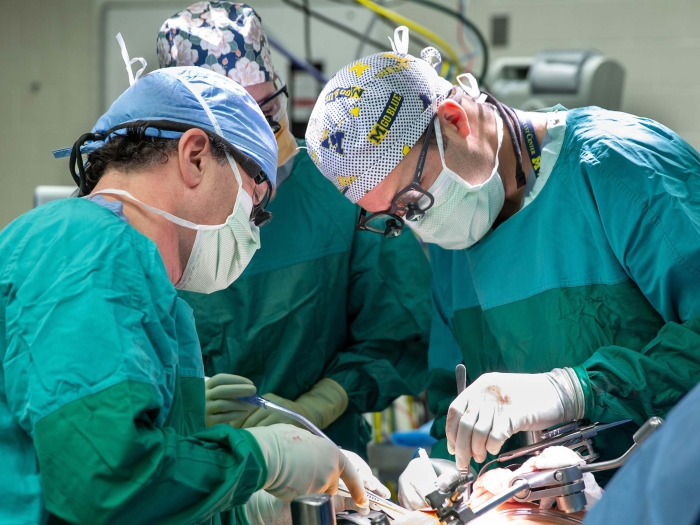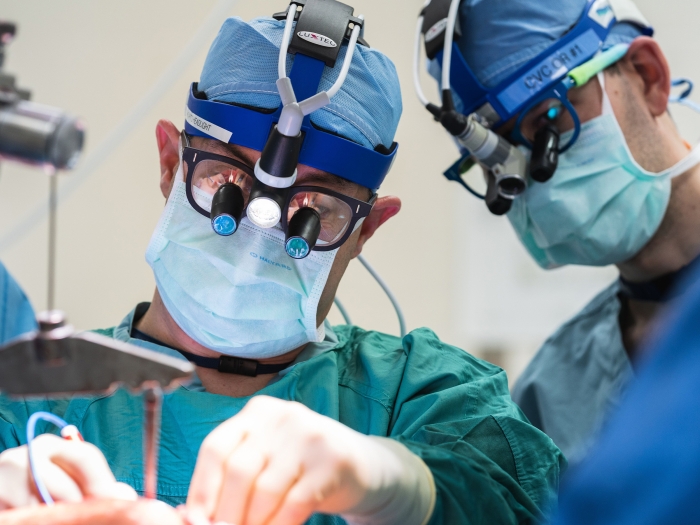The gifts of life that healed a severely sick man inspired him to set a big goal: Register 500,000 new organ donors.
7:00 AM
Author |
On the surface, Kyle Bailey shows no signs that he's a medical miracle. But inside, he is a testament to the lifesaving power of transplant surgery: The 32-year-old's body contains four organs from other people.
That's right, four.
MORE FROM MICHIGAN: Sign up for our weekly newsletter
"I can't put in words what it feels like," says Bailey, a Port Huron, Michigan, native. "Two people, out of the kindness of their hearts, decided to donate — and that's why I am here."
There's the double lung transplant, which gave him the capacity to inhale deeply after years of struggling to take a single breath. Subsequent liver and left kidney transplants (the original organs were damaged from a lifetime of lung medication) ensure that his body can function without machinery.
The precious gifts, received over several surgeries at the University of Michigan, gave new hope to an adult who at one point weighed 73 pounds and required oxygen and dialysis.
Today, Bailey works 40-plus-hour weeks as a PGA Professional at a golf course near his home.
He also knows that his experience, though it involved multiple rounds, isn't unique. Nearly 115,000 people in the United States are waiting for an organ transplant — including 3,285 patients in Michigan.
It's a backlog that Bailey wants to reduce. On Friday, he'll set off on a 1,500-mile bike ride from the Big House in Ann Arbor to Walt Disney World in Florida. Pedaling 75 to 100 miles per day, Bailey hopes to reach Orlando by May 16 (he'll post real-time updates on Instagram and Twitter).
Aimed to raise awareness about organ donation, the solo trek has a greater purpose: to register 500,000 new donors. Michiganders can complete the process online or when they obtain or renew a driver's license; Bailey's namesake nonprofit foundation also has details.
"I would love to see one day organ donation just be so common that the waitlist is weeks and not years," Bailey says. "As long as I'm alive, I will fight to do this."
Bailey's own fight to stay alive strengthens that resolve.
A lifetime of struggle
The eldest of two children, Bailey was born with cystic fibrosis. The genetic disease causes severe damage to the lungs, digestive system and other organs.
SEE ALSO: 7 Facts Everyone Should Know About Becoming an Organ Donor
He was mostly unaffected until he began developing lung infections at age 12, which required trips to the hospital for intravenous antibiotics. He also dealt with periodic digestive-tract blockages that kept him from school.
Bailey, who still managed to play hockey and have a social life, remained a straight-A student.
Upon moving to South Carolina for college, life seemed to settle.
But at 25 years old, Bailey was told by a doctor that his lung capacity — the maximum amount of air the organs can hold — was only about 35 to 45 percent of what it should be. Medical teams, he recalled, were "astonished" the patient could attend school, work and play "round after round" of golf with such limited function.
It wasn't a question of whether Bailey would need a double lung transplant — it was when.
At his doctor's suggestion, Bailey opted to return home to Michigan for care.
New lungs, new outlook
After his arrival in May 2010, it wasn't clear how long Bailey would need to wait to find a suitable donor. At 5 feet, 5 inches tall, he was of smaller stature and has a rare blood type, factors that limited his compatibility.
Bailey was put on a transplant waiting list that September. As the weeks went by, however, he developed another serious lung infection — and learned that his lung capacity had plummeted to 15 percent.
Nearly a year after moving back to Michigan, good news finally arrived: "Every day I hoped that I would get the call," Bailey remembers. "That day, I didn't expect the call."
On June 20, 2011, Bailey's family rushed to Ann Arbor. Despite his nerves, Bailey recalls joking about dashing off to the hospital in shorts and flip-flops and asking whether Michigan Medicine transplant surgeon Andrew Chang, M.D., had gotten enough sleep the night before.
A nine-hour transplantation surgery was a success, with early signs of improvement visible upon Bailey's waking.
"My fingernails were pink," Bailey says. "For the last year, they were blue due to lack of oxygen." Even better, the patient soon regained full lung capacity — a development that made breathing feel "like butterfly wings."
Not one to waste time, Bailey was riding a bike within two weeks of his hospital discharge. And just two years later, he ran across the state of Michigan in August 2012 to raise money for the Cystic Fibrosis Foundation and Gift of Life Michigan.
"It's the most amazing thing I've ever done," Bailey says. "I felt unstoppable."
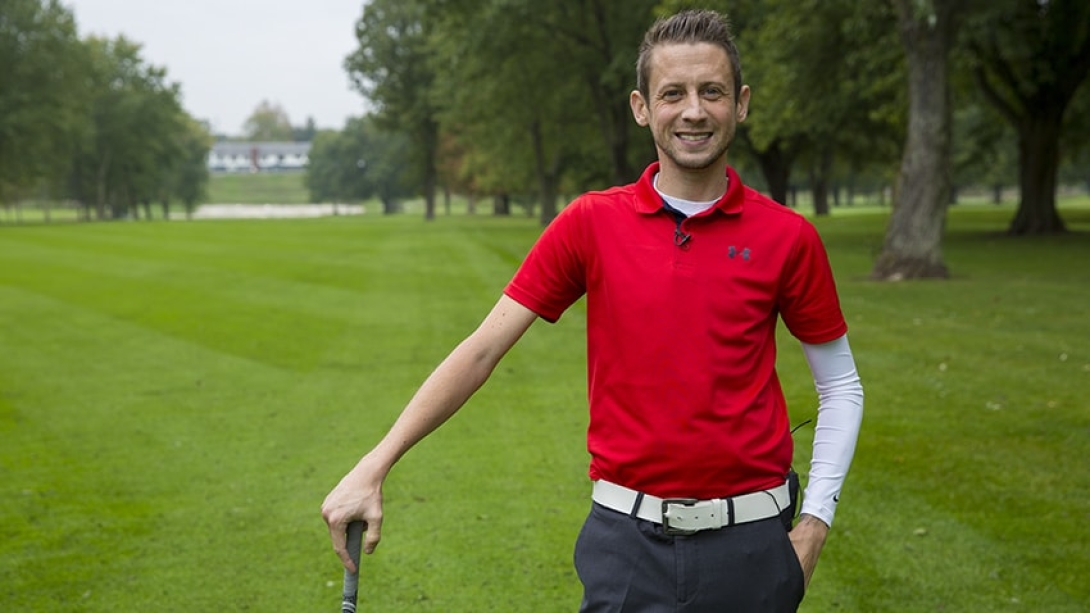
Not out of the woods
The turnaround allowed Bailey to return to his job as a PGA Pro. The man who valued normalcy in body and routine was glad to resume life.
SEE ALSO: The Faces of Transplant: How Organ Donation Saved Their Lives
But exactly three years after his momentous run, more trouble surfaced.
Bailey woke up one morning in August 2015 to find bloating around his waistline that resembled a tire. "It literally looked like I had swallowed a tube and put it around my waist," he says.
The new diagnosis was a gut punch: Medications intended to preserve his lung tissue, consumed over the course of many years, had caused liver cirrhosis and affected the kidneys, too.
A low-salt diet and a combination of dialysis and oxygen helped sustain his health over several months while the family deliberated what to do. Once again, weak and emotionally worn down, Bailey found himself on the transplant list.
"My whole life has been a waiting game," he says.
This time, the delay wasn't long: A match was located four days later. Bailey jumped up to hug the doctor that gave him the news.
In the early morning hours of Feb. 24, 2016, two transplant surgeries took place at U-M.
Bailey still fights back tears when recalling how, during a break after the first surgery to ensure his body accepted the new liver before getting the kidney, he apparently gave his father, Mark, the sign-language gesture for "I love you" while under anesthesia.
This time, recovery was a much bigger challenge.
While maintaining a high-calorie diet to help his emaciated body gain weight, Bailey also needed to relearn basic functions such as gripping a pencil. Walking even a few steps was painful.
Bailey jokes, however, that being allowed to sip beef broth after months of tolerating a salt-free diet was like "liquid gold" and "better than the lottery."
No day taken for granted
Twenty-one months after his last transplant surgeries, it's still strange for Bailey to take stock in his journey.
"I am a quadruple organ transplant recipient, which I never thought I would be," he says. "I'm proud of it; I'm proud of these scars."
SEE ALSO: Strength in Numbers: Why Organ Donation Matters [Infographic]
It's a marvel for medical professionals, too. Bailey is likely one of 20 or fewer patients in the United States to receive four new organs, says John Magee, M.D., director of the University of Michigan Transplant Center.
"And we've probably had two or three of them here" at U-M, says Magee, who notes that treating a patient with even one failing organ (let alone four) can be a challenge.
Still, "It's always amazing when one sees how sick a person is before transplant and how healthy they are afterward," he says. "It is almost unbelievable to us who do it every day, how much better somebody is and what life is about, how healthy somebody could be."
As for Bailey, returning to work "means everything to me."
Meanwhile, he wants those awaiting a transplant to stay positive: "Be active. Have a great, healthy routine. Exercise and have lots of hope. There's plenty of donors out there waiting to donate."
Given his experience and the national waitlist statistics, the cause is never far from his mind.
"To know that someone donated and gave me first, second, third, my fourth chance — I don't take it lightly."

Explore a variety of healthcare news & stories by visiting the Health Lab home page for more articles.

Department of Communication at Michigan Medicine
Want top health & research news weekly? Sign up for Health Lab’s newsletters today!


